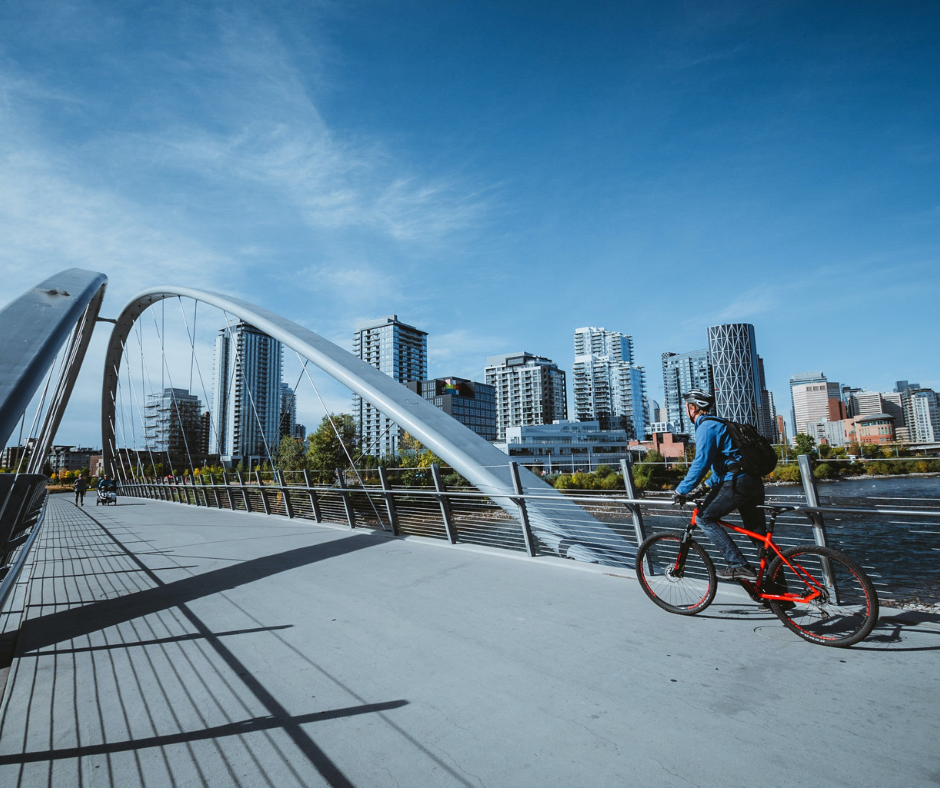Walking is one of the simplest, and cheapest forms of physical activity, and the majority of people are able to do it.
Walking does not just improve physical but also mental health, especially when walking in nature.
“If you are in a bad mood go for a walk. If you are still in a bad mood, go for another walk." - Hippokrates
🌱 Travel health insurance for digital nomads
🌏 Walking around the world
There are many suggestions on how fast we walk and how many steps in a day. The magical number of 10,000 steps is widely spread as a rule of thumb.
When comparing how many steps people in different countries walk, researchers at Stanford University came to the results that people in Hong Kong walk the most steps, with 6,880 per day, followed by China with 6,189 steps, the United Kingdom with 5,444 steps, and Germany with 5,205 steps.
The fewest steps were counted in the USA (4,774 steps), India (4,297 steps), and Indonesia (3,513 steps).
According to the researchers' results, the amount of steps correlates with a person's BMI (body mass index), and the level of obesity within a population.
The recommended amount of steps depends on many factors, for example, age. Inactive adults should at least walk between 3,000 and 4,000 steps, healthy and fit adults can aim to walk 10,000 steps per day.
However, studies revile that adults should find their own comfort level somewhere between 4,000 and 10,000 steps.
Read my article 10 tips on how to stay fit - for tips on how to integrate walking into your nomadic daily life.

🚶🏻♀️ 9 health benefits of walking
- Prevents heart disease, obesity, and diabetes [Rieck, 2020] because it regulates blood sugar
- Regulates high blood pressure [Rieck, 2020]
- Reduces cravings for chocolate [Harvard, 2021]
- Reduces risks of breast cancer [Harvard, 2021]
- Eases joint pain [Harvard, 2021]
- Boosts the immune system [Harvard, 2021] as it increases the growth of natural killer cells
- Decreases the risk for dementia and cognitive decline [Mental Health Foundation]
- Increases bone density
- Enhance your vision
😌 4 mental health benefits
Besides the physical health benefits, walking is good for our mental health, for example, walking reduces
- Reduces symptoms of depression [Rieck, 2020] and lifts up your mood
- Reduces symptoms of anxiety [Mental Health Foundation] and makes you feel calmer
- Decreases stress [Mental Health Foundation] through lower levels of cortisol
- Increases creativity that helps with problem-solving skills
Researchers studied the pace of walking. People engaged in vigorous walking showed the best results in physical health, whereas people engaged in moderate walking showed the best results in mental health [Indiana, 2021].

👟 Every step counts
You can find many gadgets that help you to count your daily steps. For many years, step-counting wristbands were trending.
Today, you can use smart watches, smart rings, or simply your smartphone. iPhones for example come with an integrated health app.
Whenever you carry your phone around, it counts steps, and stairs, and gives your insights into the daily, weekly, and annual distances and elevations you walked per day.
🌱 Health insurance cover
Every travel health insurance provider covers running accidents. Also, the transport costs to the hospital or to your home country are covered.












